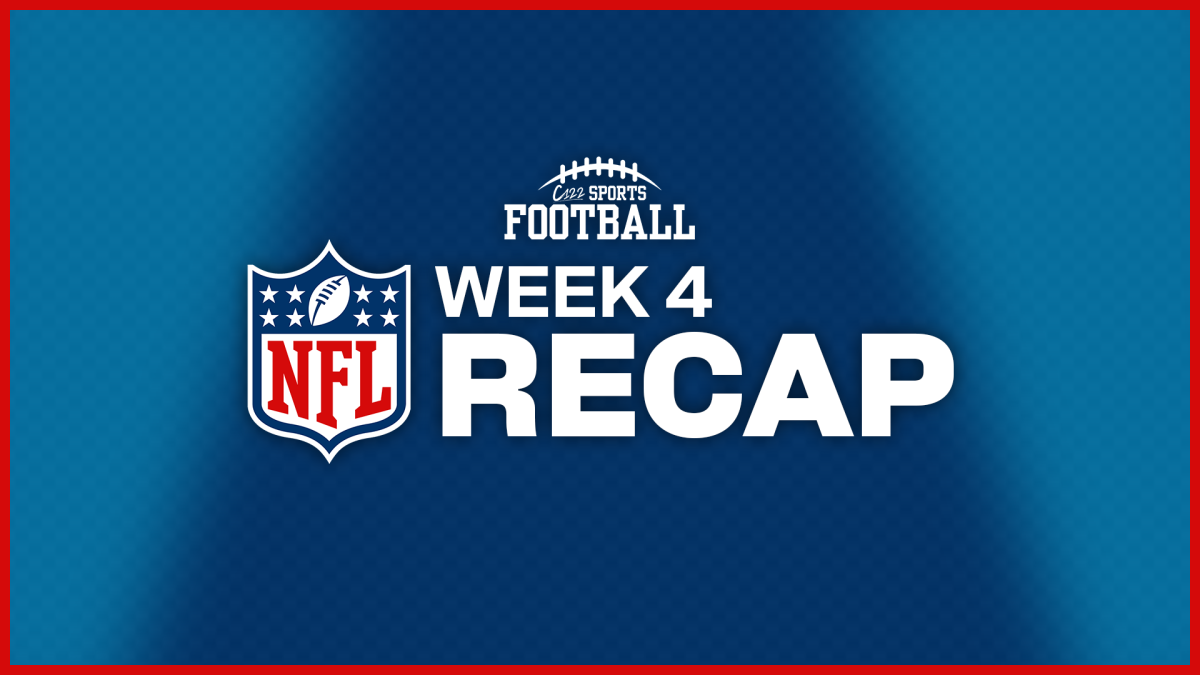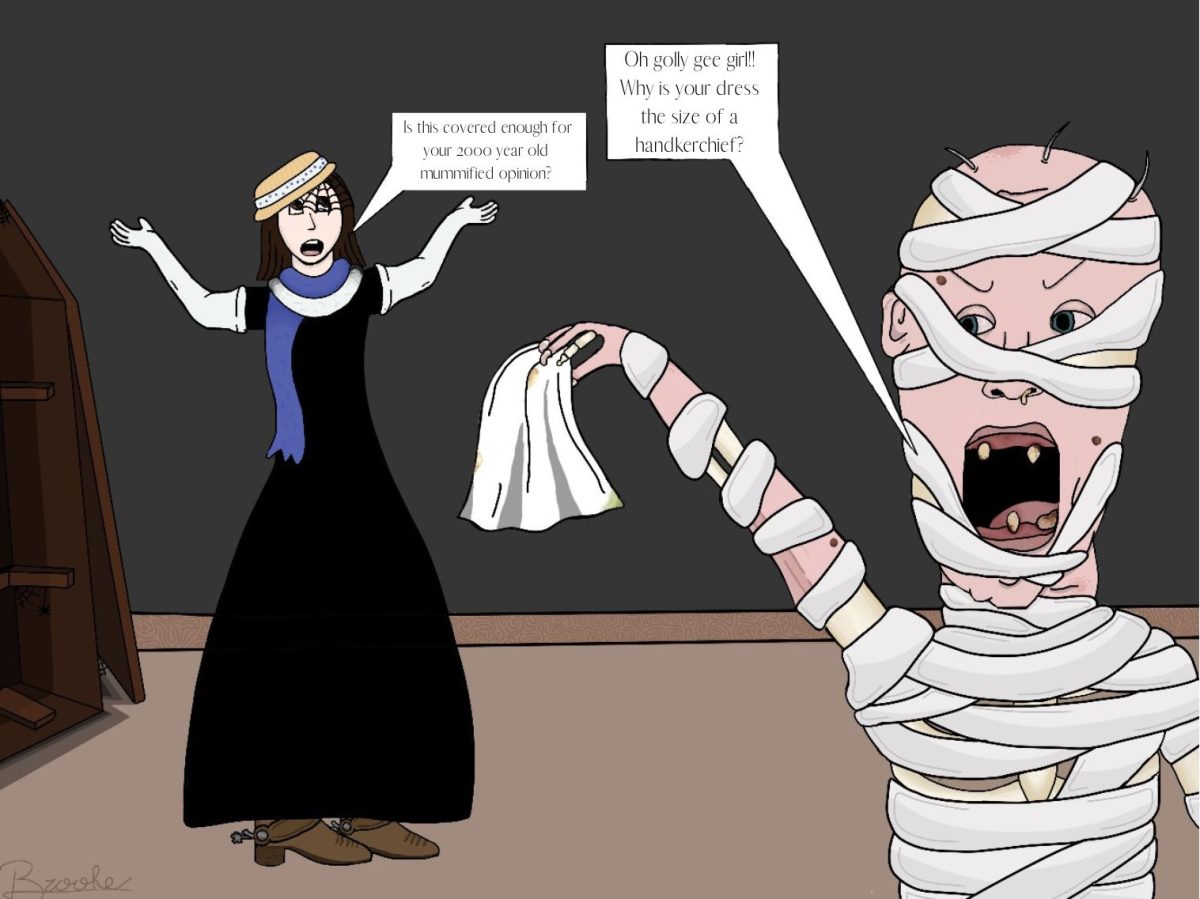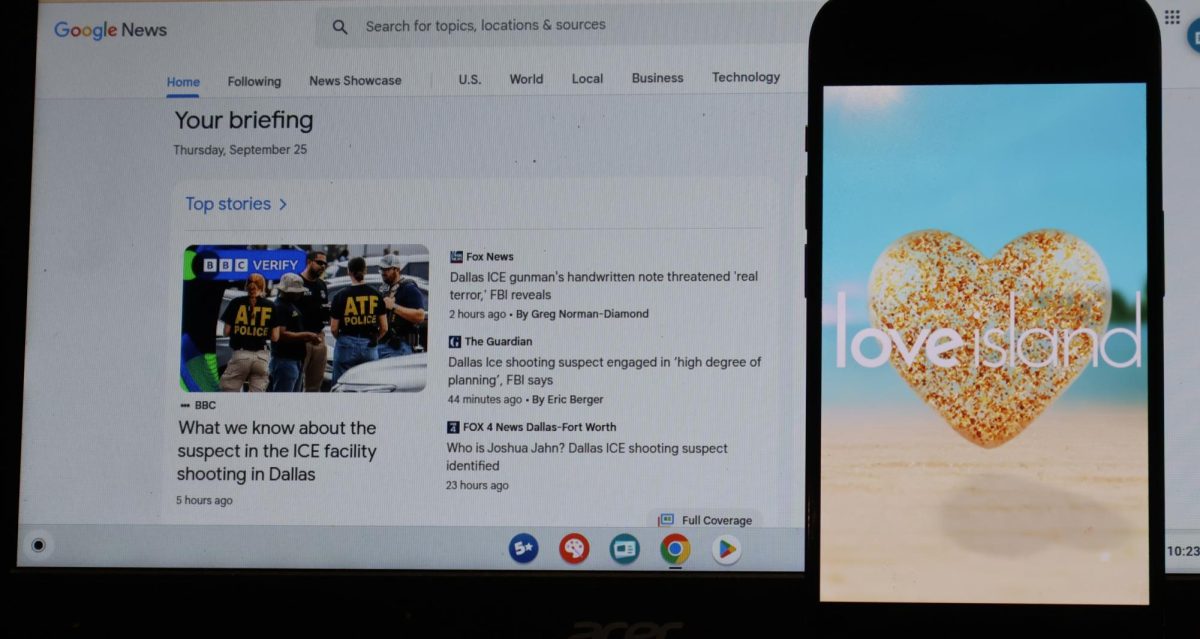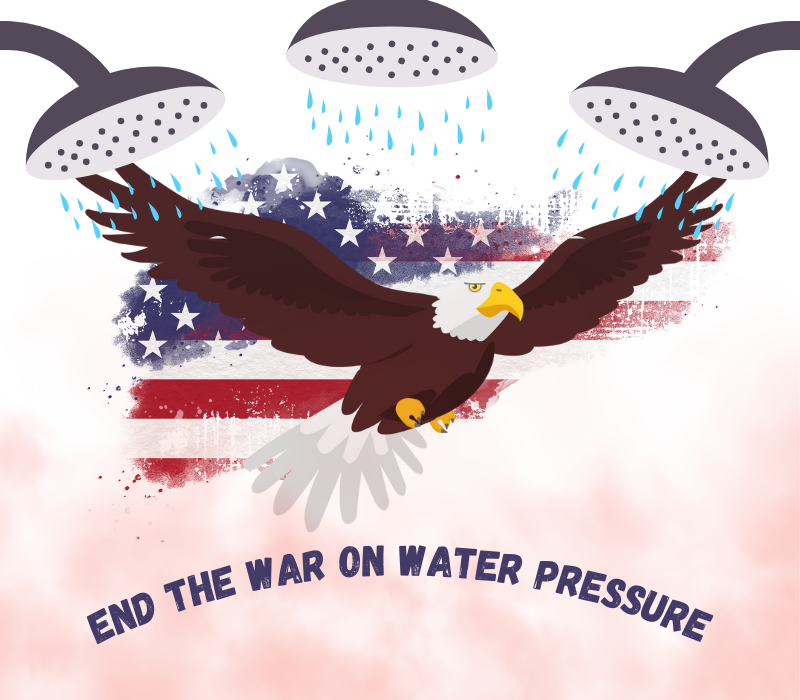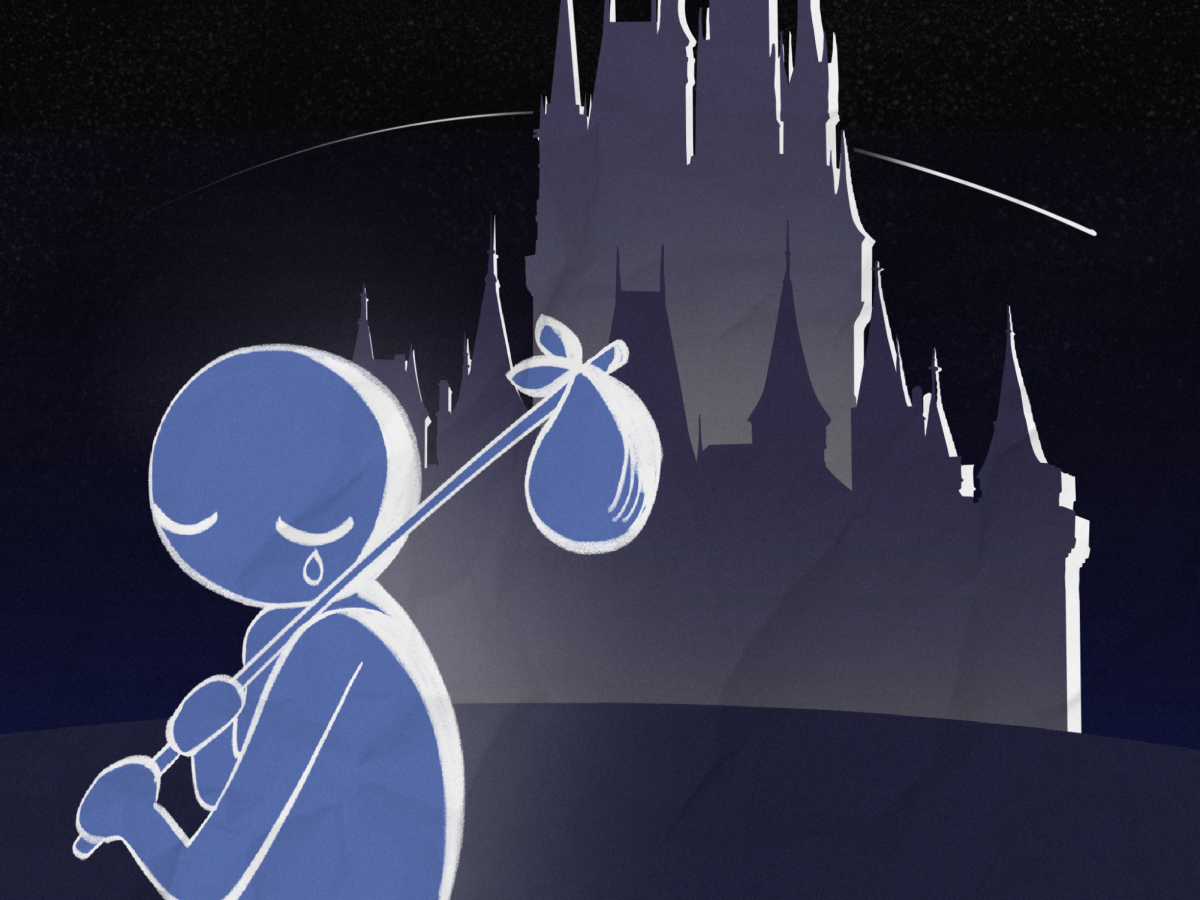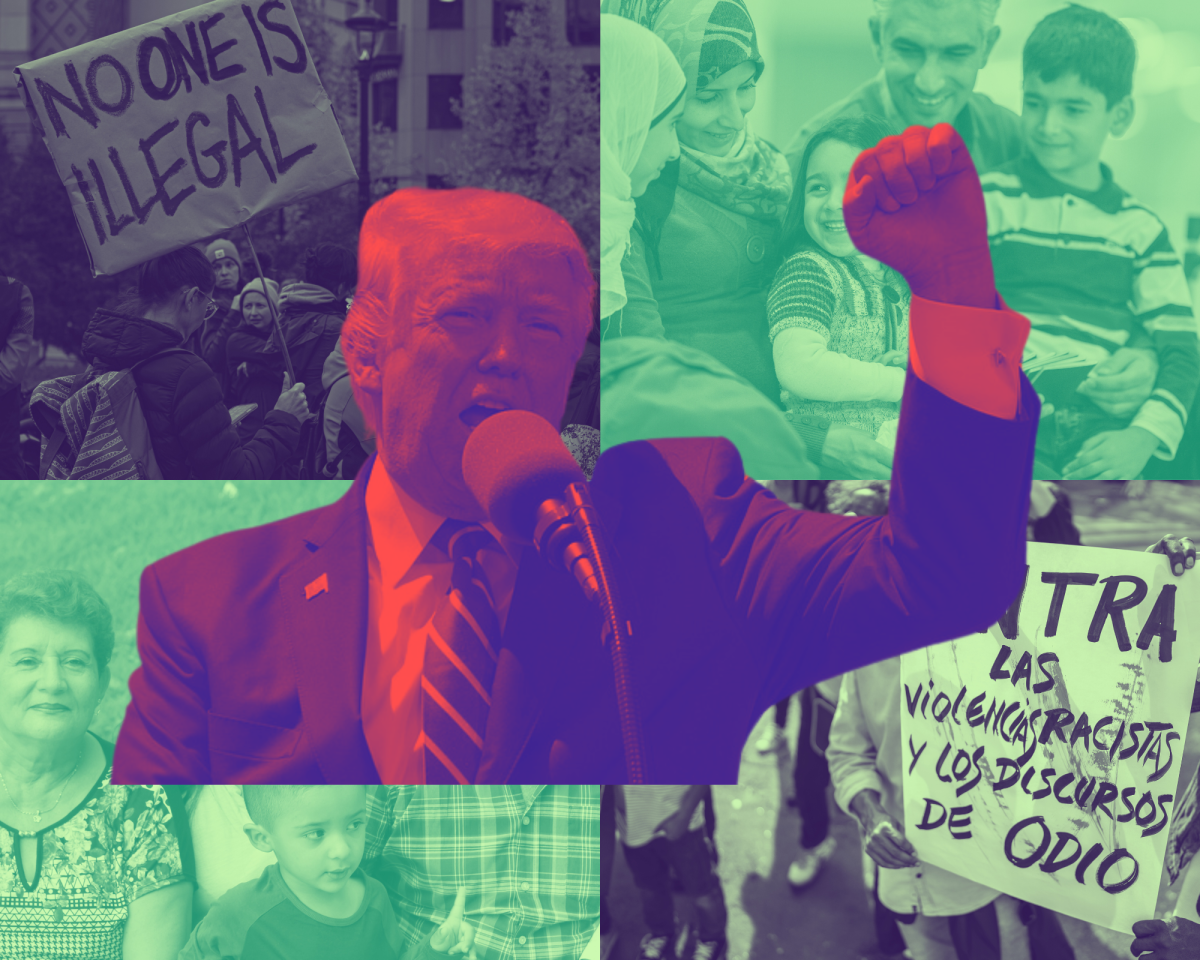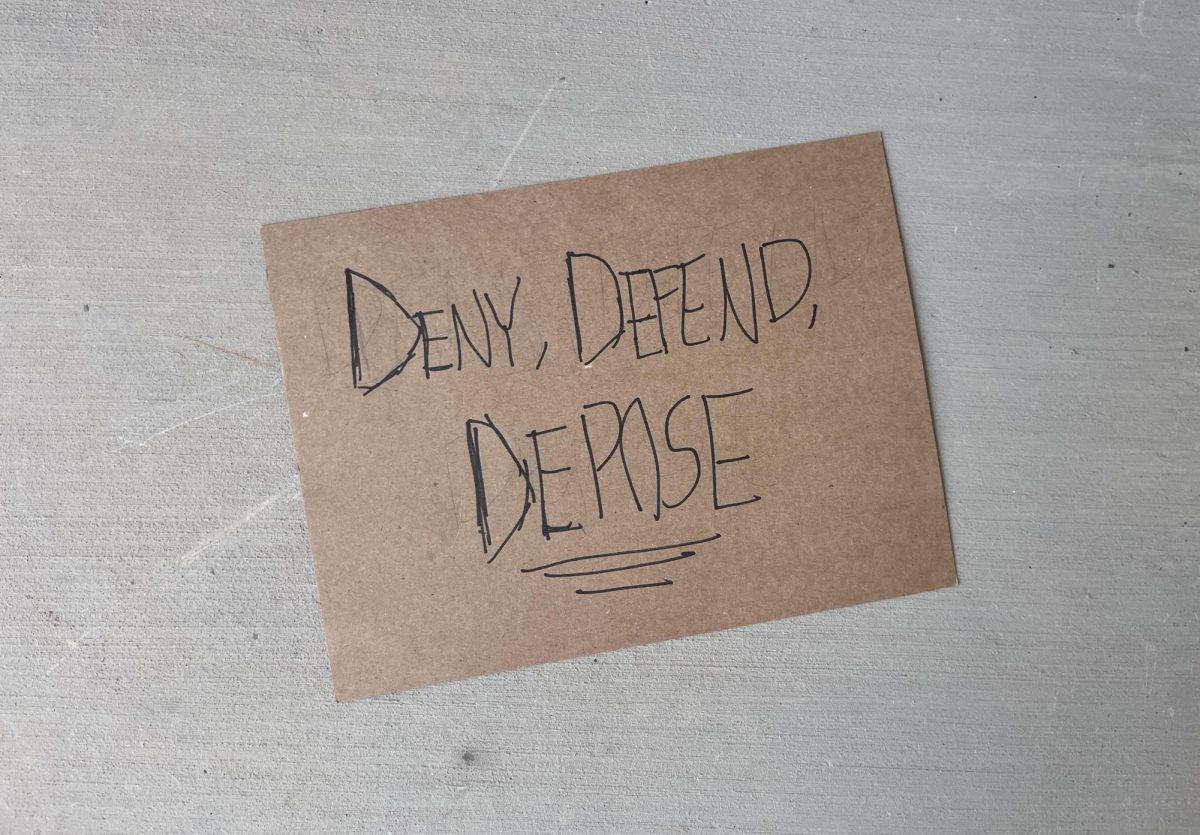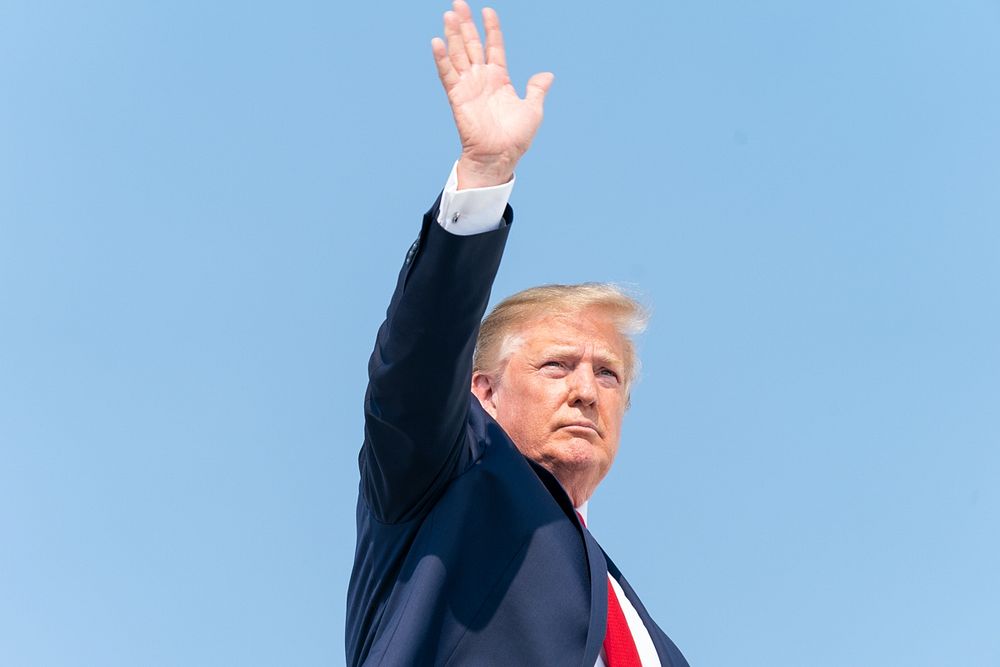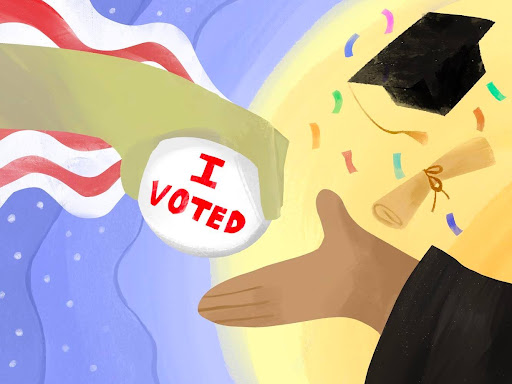Scrolling through your Twitter timeline to find that one cute dog video may be a moment of the past. Due to recent court arguments with the Federal Communication Commision about net neutrality, our internet using experience may change drastically.
Net neutrality is a principle that prevents internet service providers like Verizon, AT&T, Comcast and the government from controlling what users do and see online. At the moment, companies can’t prioritize certain types of data or charge users more for access to sites. However, the FCC wants to repeal the current bill to give internet providers a financial gain and a better investment.
By repealing net neutrality, any site not connected to large internet services is prone to getting the short end of the stick when it comes to success and growth. We believe that net neutrality is vital in order to provide American citizens with online freedom.
In a world without net neutrality, users would pay for access to separate media platforms, and providers would be swimming in cash as they can capitalize off their control, which means repealing this policy is completely unjust.
In places where there is no open internet like Portugal, users have two internet lanes–one that is for people who pay a standard price and another for those who pay for extra data. Those who pay the standard price only have access to the lane with slower data flow while those who pay extra, get faster online responses. Organizing the data bundles allows these sites to run at high speed, but even then a provider can still restrict access to a site.
If this practice extends to Americans, we would have to pay for apps and sites like Twitter, YouTube and Instagram before we can access them. Considering 71 percent of teens use more than one media platform, the technology culture of younger generations is at risk of fading, as well.
Furthermore, a lack of net neutrality leaves America vulnerable to adopting a two-tier system, which would favor big name companies and harm up-and-coming businesses. For many internet users, it would be more desirable and convenient to purchase the bundles of popular apps and sites rather than the lesser known apps or sites, if they have to pay either way to go online. This leaves smaller businesses in a difficult position as they are less likely to expand their usage when there is not a convincing reason to buy access to their site.
Additionally, internet providers will have the power to slow down the time it takes to load information for browsers and sites that they are competing with, incentivizing the use of their network for the sake of convenience.
For example, Comcast had a dispute with Netflix over their idea of running the internet like Cable T.V., which would conflict with Netflix’s online business. If the conflict was not resolved, Comcast users would have problems pulling up the Netflix site. For the same reason, smaller internet providers, like Cruzio, would have slower internet speeds or would not load at all because of big name providers with the money to influence
On the other hand, those in favor of repealing net neutrality argue that the current law itself goes against the First Amendment. Since internet services are not allowed to favor certain sites over others, it limits the provider’s own freedom of expression.
However, if internet providers choose to restrict access to competing sites, then they would be violating the First Amendment, hindering opportunities for people to speak freely. This is why Americans should have the free choice accessing the sites that they want, not have the decision of restricting them made on their behalf.
Some argue that the principle only protects people who use social media from paying fees, but it is much more than that. Besides using internet for entertainment purposes, many people rely on technology for education. Without open internet, students and instructors are at an disadvantage. Writing essays, researching information, creating presentations and taking online courses will become increasingly difficult, hindering the evolution of technology in schools.
Without net neutrality, Americans can welcome themselves to a silenced, inequitable and controlled world online. As the next generation, we cannot continue to act as if worrying about government acts are unnecessary. We should urge agencies to ditch this plan and contact members of congress to oppose the repeal, so the future of the internet continues being the choice of the people.
[poller_master poll_id=”464″ extra_class=””]
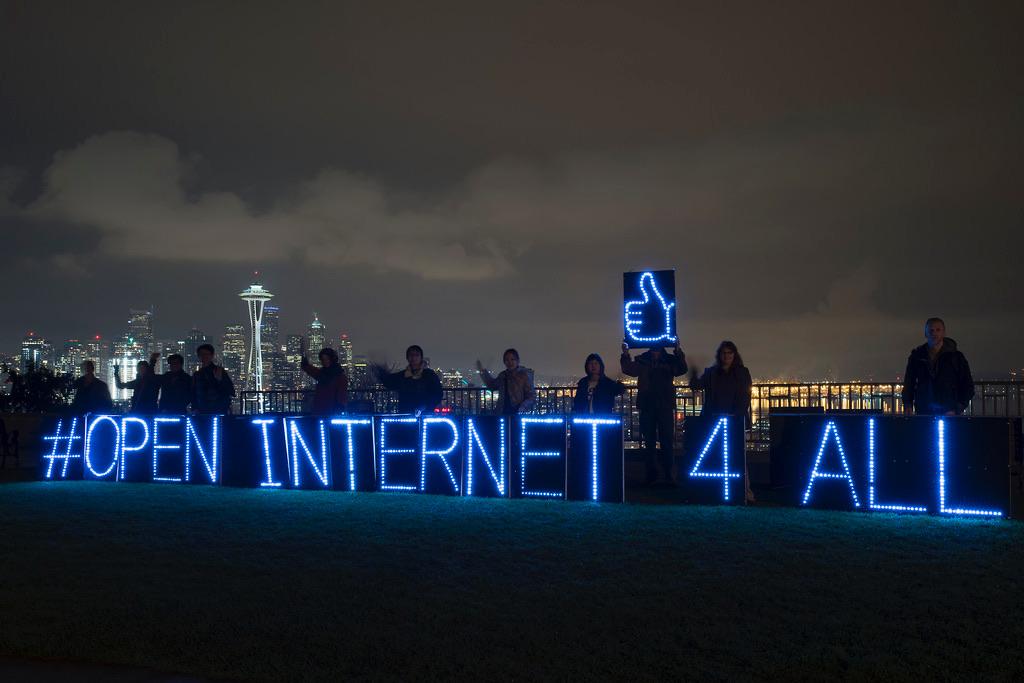

![Swaying and preparing to toss the tennis ball, Dylan Grove practices serving. Grove had been training in preparation for her upcoming matches against Chaparral and Doral Red Rock. “[Both teams are] both very tough opponents, but I am ready for whatever gets thrown my way,” Grove said.](https://southwestshadow.com/wp-content/uploads/2025/10/image-1200x900.png)
![Practicing the basic skills of nursing, sophomore Natalia Yancey gets her heartbeat checked with a stethoscope. Sophomore nursing students reviewed skills from freshman year. “I’ve always wanted to be in the medical field; it’s been my dream forever,” Yancey said. “Doing [practice skills] so early on is not only an amazing opportunity, but it helps me to prepare for my future.”](https://southwestshadow.com/wp-content/uploads/2025/10/IMG_9843-1200x800.jpg)

